

2018-01-01 06:30:00 Mon ET
stock market competition macrofinance stock return s&p 500 financial crisis financial deregulation bank oligarchy systemic risk asset market stabilization asset price fluctuations regulation capital financial stability dodd-frank
As former chairman of the British Financial Services Authority and former director of the London School of Economics, Howard Davies shares his ingenious insights into the new Basel 4 accord. This new accord balances the U.S. and French bids for minimum bank capital output floors to arrive at the key midpoint of 72.5% equity capital output under the old Basel standard approach. In fact, this harmonization helps reduce substantial heterogeneity in internal capital requirements under the prior Basel 3 regime. Although the use and introduction of internal risk models can facilitate risk-sensitive and meaningful core capital calibrations, wide capital output dispersion may be suboptimal. This wide dispersion suggests that the core capital results may differ dramatically when the bank applies different internal risk models to calibrate to the same loan portfolios. Also, some proponents point out that most recent improvements in core capital ratios result from lower private credit growth (rather than higher net equity issuance). Should banks raise equity to strengthen their core capital ratios toward the healthy range of 10%-15% or even 20%, these banks may experience high costs of capital with less available loan credit. These ripple effects can adversely affect real macro variates such as real GDP economic growth, employment, and capital equipment usage. It is thus important for global regulators to standardize minimum core equity capital requirements to assuage these concerns.
In addition to the Basel regime switch, the Federal Reserve vice chairman Randal Quarles proposes simplifying the Volcker rule that prevents banks from using their own money to place hefty market bets on stocks, bonds, indices, funds, currencies, commodities, and derivatives. In recent years, many eminent economists point out that the Volcker rule cannot be one of the culprits of the global financial crisis from 2008 to 2009. The Volcker rule may be too restrictive for most global systemically-important banks.
As part-and-parcel of this new influx of new bank rules, it is important for banks to carefully craft their living wills for better open bank resolution during a key financial crisis. Open bank resolution may involve outright liquidation, bank recapitalization, or bridge-bank sale. Overall, these new regulations can be conducive to promoting sound and efficient bank capital arrangements in most home-host jurisdictions.
If any of our AYA Analytica financial health memos (FHM), blog posts, ebooks, newsletters, and notifications etc, or any other form of online content curation, involves potential copyright concerns, please feel free to contact us at service@ayafintech.network so that we can remove relevant content in response to any such request within a reasonable time frame.
2017-12-11 08:42:00 Monday ET
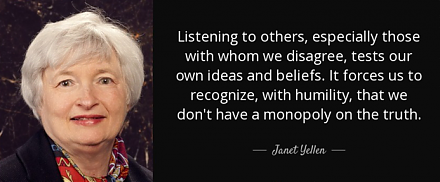
Fed Chair Janet Yellen says the current high stock market valuation does not mean overvaluation. A stock market quick fire sale would pose minimal risk to t
2019-07-11 10:48:00 Thursday ET
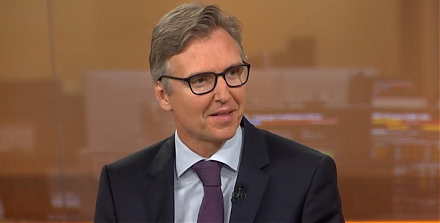
France and Germany are the biggest beneficiaries of Sino-U.S. trade escalation, whereas, Japan, South Korea, and Taiwan suffer from the current trade stando
2019-06-30 12:37:00 Sunday ET

AYA Analytica finbuzz podcast channel on YouTube June 2019 In this podcast, we discuss several topical issues as of June 2019: (1) Federal Reserve h
2018-06-14 10:35:00 Thursday ET
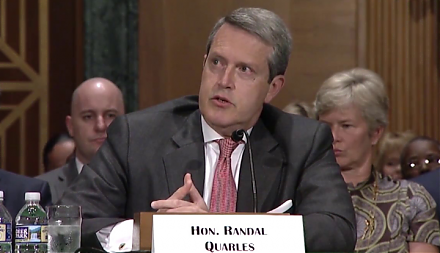
The Federal Reserve's current interest rate hike may lead to the next economic recession as credit supply growth ebbs and flows through the business cyc
2019-12-28 09:36:00 Saturday ET
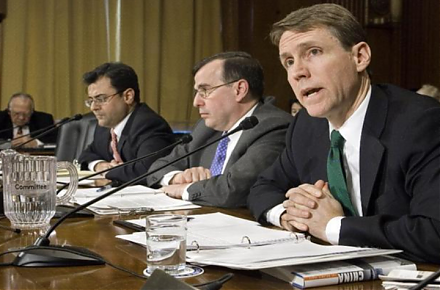
Global debt surges to $250 trillion in the fiscal year 2019. The International Institute of Finance analytic report shows that both China and the U.S. accou
2018-06-03 07:35:00 Sunday ET
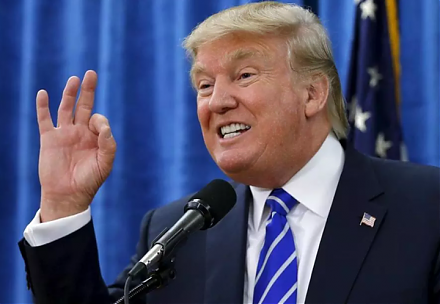
Several recent events explain why Trump may undermine multilateral world order. First, Trump withdraws the U.S. from the 12-nation Trans-Pacific Partnership